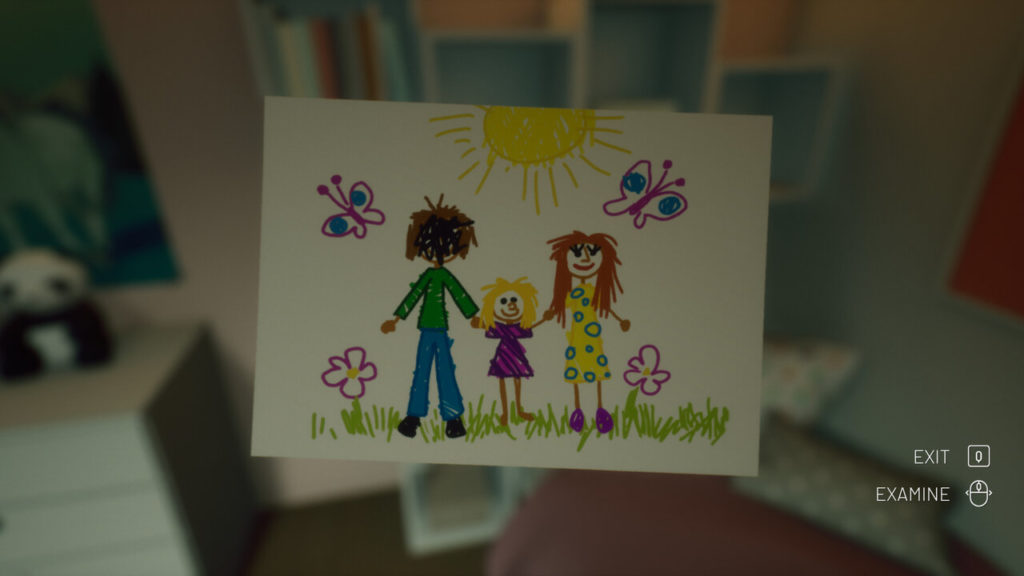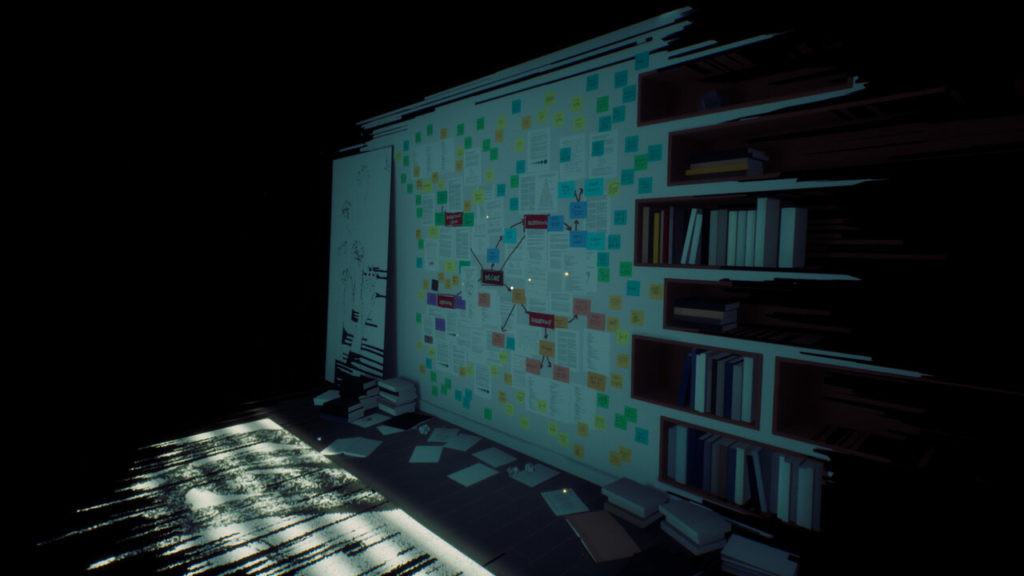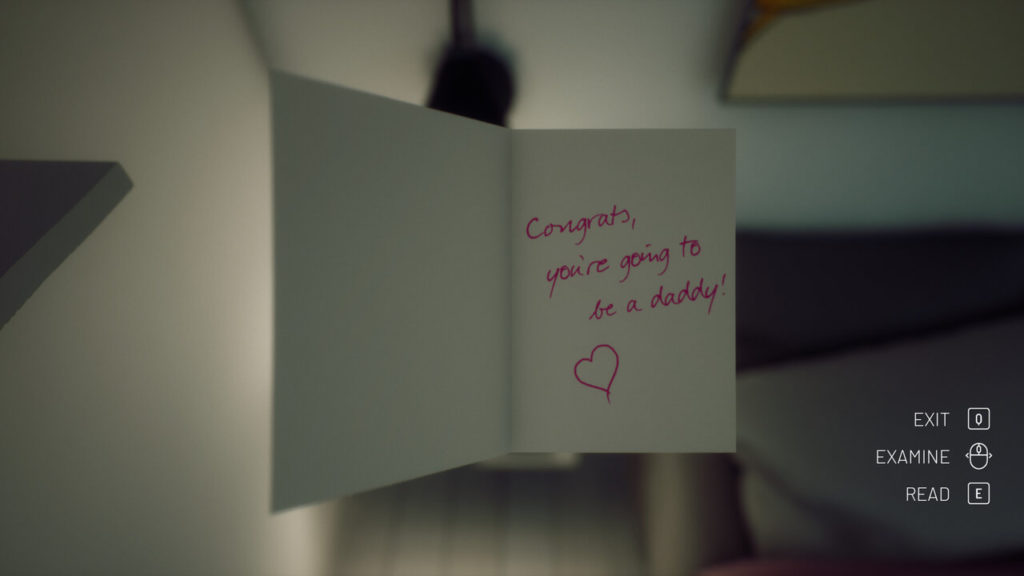The Gap review
More often than not when I’m playing a video game I’m excited to be taken away to colourful world to forget about the problems of everyday life, but I’m also more than happy to play a game that tackles more serious themes. Well it doesn’t get much more serious than dealing with a family member getting unwell, which as a full time carer hits particularly close to home. The Gap is a story all about coping in this situation, with a sprinkle of sci-fi goodness.
Joshua has it all. He’s a highly respected neuroscientist with a loving wife and sweet daughter they adore. When his wife Amber starts showing signs of having a disease of the brain that’s hereditary, his entire world flips upside down. Understandably he can’t cope with the idea of his beloved family suffering, so starts trying to use his knowledge to find a way to cure the disease. As just one man with limited time, though, he soon realises this won’t be possible, which leads him down some slightly more outlandish avenues.

Set in the year 2045 (mainly, more on that later) the world of The Gap is a little more advanced than our own. With a friend who works for a Nano machine company, Joshua realises that with a bit of extra computing power in his brain he might be able to save his family. Obviously this brain based machine therapy comes with some pretty significant risks, but as a desperate man Joshua is willing to do some desperate things and jumps in head first.
As if trying to use Nano technology isn’t a wild enough way to try and discover a cure for a rare illness, Joshua has an even more sci-fi plan to help Amber: alternate realities. By using the feeling of déjà vu and the Nano machines together in a way I still don’t really fully understand, Joshua discovers that he can hop between different dimensions and is hopeful that one of them might contain a cure. It’s certainly an interesting premise for a game, but I have to admit that the more science based parts of the narrative interested me much less than the human side of the story.
The desperation of trying to cure his wife is something that even in the first moments of the game you can see has taken over Joshua’s entire life; and it’s not just him that effects. By entirely neglecting the needs of his family and not supporting them through this tough time, this once loving trio are becoming fractured. It’s a really interesting and deeply human situation that The Gap could have focused on to create a really special game, but in the end you spend most of your time reading through dense science papers.

In terms of gameplay, The Gap is your typical “walking simulator” style of game. Set primarily in the flat of Joshua and his family, you’ll be picking up and looking at all manner of phones, letters, and other knick-knacks in order to try and find “The Cure”. Certain items will trigger you to déjà vu teleport into a memory, which will hopefully help you piece together the story of the game and eventually maybe even help you find the cure. Other items will teleport you to other times and realities, and you’ll suddenly go from a dirty and uncared for apartment to a happy family home.
Eventually you’ll end up finding a locked phone or password protected laptop that requires a little more sleuthing to investigate. Another reality might lead you to an important date that could unlock Amber’s phone, or a memory of a concert might reveal an in-joke that is set as a password. It’s a really clever idea that made me feel like a genius a few times throughout my playthrough, but ultimately there just isn’t enough of this dimensional problem solving in the game.
Instead most of my time playing The Gap was spent looking for that one item that would send me to the next reality, or trying to figure out why certain memories were locked when trying to quantum leap over to them. There’s very little explanation about how the basic mechanics of the game work, and the fact that activating a déjà vu jump takes a second too long to start and requires you to look at but not focus on an object made the first thirty minutes of the game feel confusing and frustrating.

This would all be forgivable if once you got to grip with everything that The Gap told you the emotional and compelling story that I went in expecting, but instead you’re presented with clunky writing and disappointing voice acting. There are only a handful of memories which introduce the various characters in the game, and instead of helping you relate to the characters they just contain completely throwaway conversations about a gig you’re attending, or show a scene where your jerk friend is trying to hit on someone. I couldn’t tell you a single personality trait or interest of any of the main characters, and because of that I struggled to care about them whatsoever. It doesn’t help that the characters are only shown as coloured silhouettes either, because that’s just another way they show no emotion.
The Gap is over and done in well under three hours, and simply never reaches its potential of telling a touching story. Instead you’ll have to deal with dense scientific research papers, wooden characters, and a whole lot of confusing mechanics. I really wanted to love The Gap, and in another reality maybe I would have.





